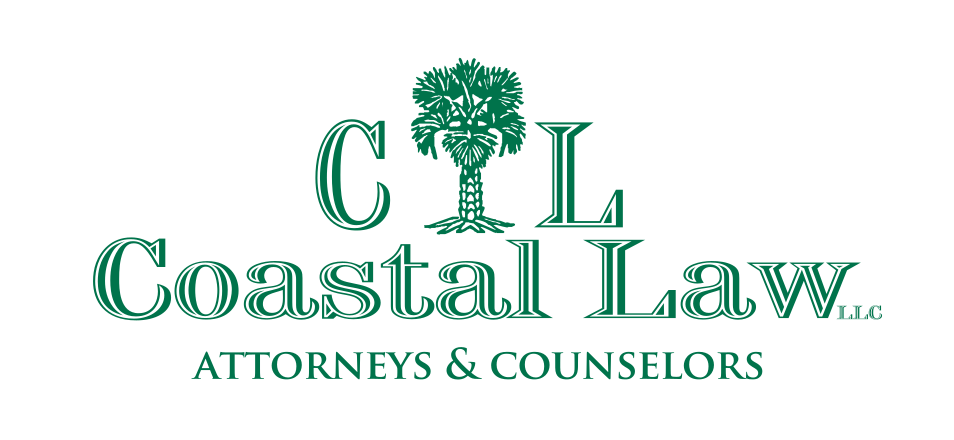Pradubsri’s case began with a tip from a “confidential informant” who told Lexington County officers that Pradubsri’s car would contain crack cocaine and guns. Officers pulled him over and searched his car finding two pistols in the car and 75 grams of crack cocaine on his girlfriend.
Is a Tip From an Informant Enough to Justify a Traffic Stop?
It depends. The police have to have “reasonable suspicion” to make a traffic stop. The stop can be based on information provided by an informant, but there must be a finding that the informant’s information is reliable.
In this case, the officer testified that he had used the informant multiple times, she had always been reliable, and she conveyed very specific information about Pradubsri’s location, his drug-dealing habits, and the guns that were found in his car. The Court found that this was sufficiently reliable to justify the traffic stop based on “reasonable suspicion.”
What About Tips From Anonymous Informants?
In Pradubsri, the police knew who the informant was although that information was never provided to the defense. In cases where an anonymous informant calls in a tip, it may still be enough to justify a traffic stop based on reasonable suspicion but only if the informant’s information is sufficiently reliable and can be corroborated. When a tipster is anonymous, there is a greater risk that the informant is lying.
For example, in State v. Green, an anonymous caller “gave police a tip that Green was carrying a large sum of money and narcotics along with Green’s name, a description of his car, and the location he would be departing.” The Court of Appeals held that this was not sufficient to justify the traffic stop because the information provided was “readily observable” and law enforcement had no other reason to suspect criminal activity.
On the other hand, in State v. Rogers, the informant told police “the location of a planned robbery, the individuals involved, and the vehicle they would be driving,” and the Court of Appeals held that this was sufficient because police knew the informant, testified that he was reliable, and the informant was able to explain to police how he knew about the planned robbery.
Does the Prosecutor Have to Tell My Attorney Who the Informant Is?
Whether the prosecution has to disclose the identity of their informant is a separate issue from whether the informant was sufficiently reliable to justify a traffic stop. When the informant is an “active participant” in the crime, like when a CI is buying drugs from the defendant while wearing a wire, the prosecution must disclose the informant’s identity which allows defense counsel to investigate the informant, cross-examine the informant, and subpoena them to trial if the state does not.
In Pradubsri’s case, the Court held that the state was not required to disclose the informant’s identity because they were a “mere tipster” who provided information to the police. When the informant is a “mere tipster,” defense counsel must prove why the informant’s identity should be disclosed.
Narcotics officers routinely use informants to make drug cases, and it can be used to our client’s advantage in some cases. In general, informants do not want to testify, and they do not want the defendant to know who they are. Narcotics officers usually do not want to “burn” their CI by disclosing their identity or making them testify. When defense counsel puts the state to the test and insists on complete disclosure, it can sometimes lead to a good result in what seemed like a hopeless case.
Need to Know How an Informant Will Impact Your Case?
Whether an informant or anonymous tipster is involved in a drug investigation, when the prosecution must disclose their identity, and what the informant’s role in a trial will be can be a critical part of any drug defense.
If you have been charged with a drug crime and need help, you can schedule a free consultation to discuss the facts of your case by calling (843) 488-5000 or filling out our online form.

